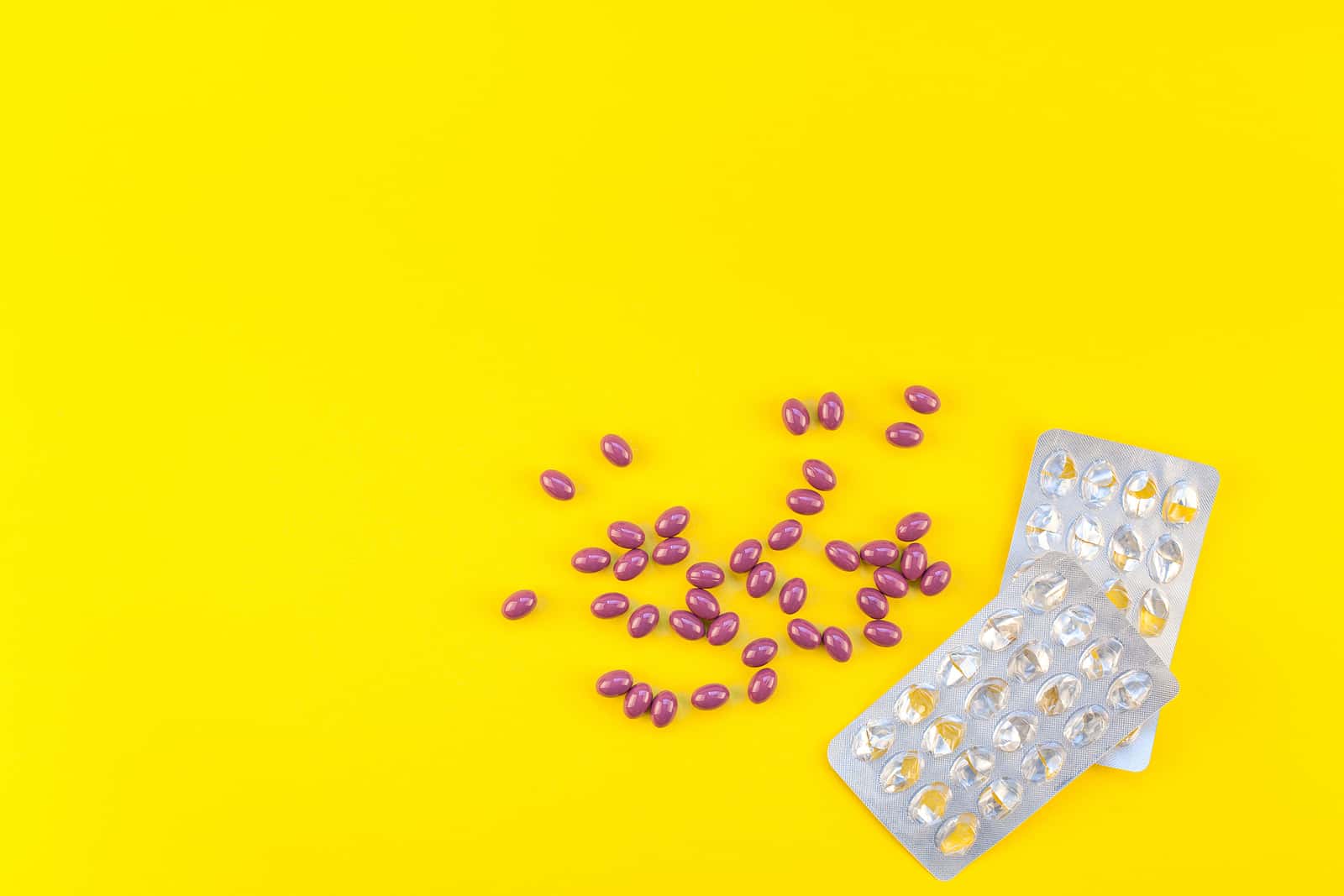
Eczema is a very common and often extremely annoying skin condition. Sufferers complain of a red itchy rash along with very dry skin. They may have particular trouble with places where the skin folds frequently, such as the inner elbows or the backs of the knees. Others find that eczema on the hands is persistent and difficult to treat. One reader found a supplement that helps. Will Pycnogenol® help you, too?
Could Pycnogenol Clear Up Eczema?
Q. I read that Pycnogenol could help heal eczema. I’d been struggling with this skin condition for months, so I bought some and started taking it. Within a couple of months, my eczema was gone. Do you know if I need to keep taking it every day, or only when I have another flare-up?
A. We appreciate your report. Pycnogenol is a compound derived from French maritime pine bark with antioxidant and anti-inflammatory activities.
Lack of Clinical Trials on Pycnogenol:
We could find no clinical trials of Pycnogenol for eczema, but scientists have confirmed that it calms inflammation in skin cells called keratinocytes (Free Radical Biology and Medicine, Jan. 2000). They believe that Pycnogenol has great potential for treating people with inflammatory skin disorders.
In addition, investigators have determined that this dietary supplement can improve skin barrier function (Skin Pharmacology and Physiology, Jan. 2016). Usually, more robust barrier function means less eczema. That is why we have been enthusiastic about moisturizers containing urea. This compound also improves the barrier function of the skin.
A Looming Experiment:
Unfortunately, however, we don’t have an answer to your question. If you experiment on yourself, please let us know what you learn.
Citations
- Bito T et al, "Pine bark extract pycnogenol downregulates IFN-gamma-induced adhesion of T cells to human keratinocytes by inhibiting inducible ICAM-1 expression." Free Radical Biology and Medicine, Jan. 2000. DOI: 10.1016/s0891-5849(99)00229-4
- Grether-Beck S et al, "French maritime pine bark extract (Pycnogenol®) effects on human skin: Clinical and molecular evidence." Skin Pharmacology and Physiology, Jan. 2016. DOI: 10.1159/000441039

